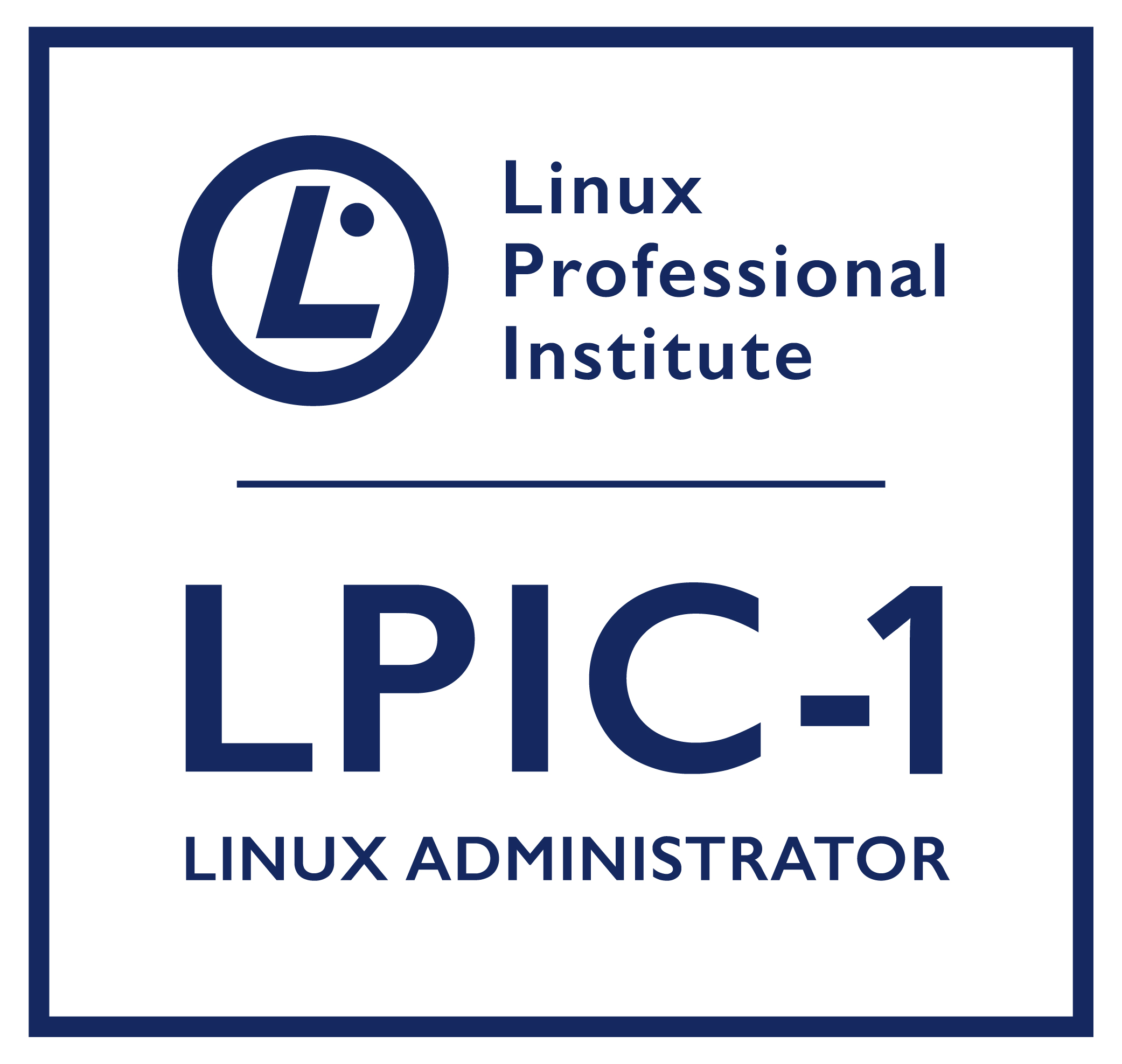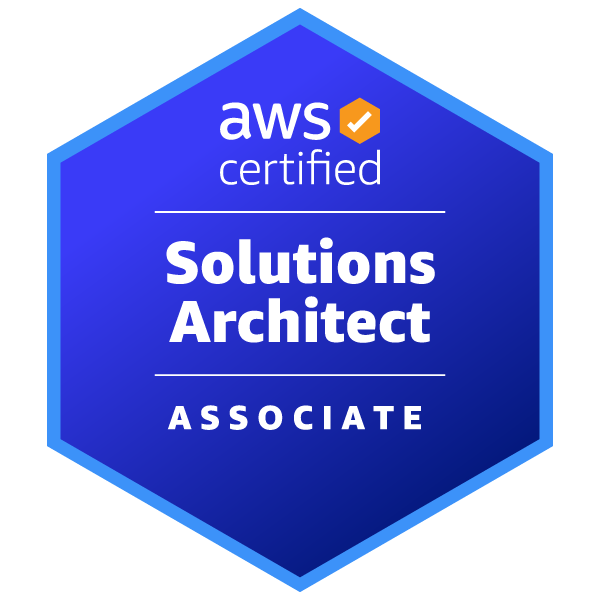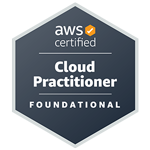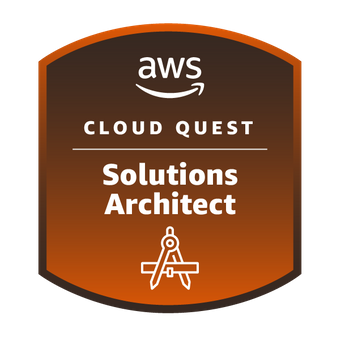Hey folks, I'm
Sergei Guidia
DevOps Engineer
and good guy :)
I believe that development is an endless journey of self-improvement. My passion for technology and my aspiration to achieve the highest level of expertise in DevOps inspire and drive me every day. My goal is to deepen my knowledge and skills in this field as deeply as possible. I envision a future in DevOps as a transformative tool capable of reshaping business processes and enhancing software development, and I am committed to becoming an expert in this pivotal domain. In the world of DevOps, the possibilities are limitless, and I am ready to explore them to the fullest and contribute to the advancement of this innovative field.
Projects
Website Portfolio !!!
Initially, I wanted to purchase basic hosting to upload my resume and simply have a quick way to present myself. However, upon further consideration, I realized that this could turn into a real project. I plan to use modern technologies and practices extensively for my website. While many of the features might seem excessive, I'm doing this with the goal of gaining practical knowledge. So, let's get started:
- Created an S3 bucket, made it public, configured Bucket policy, and manually uploaded my website.
- Purchased the domain guidia.tech from an external service (not AWS).
- Added a new hosted zone in AWS Route 53, obtained the NS servers, and set them up with my DNS provider.
- Added an SSL certificate to my domain. To do this, I obtained it from AWS Certificate Manager. Unfortunately, or fortunately, you can't directly link the certificate, so I had to set it up through CloudFront. I created a new distribution, selected the appropriate S3 bucket, specified the CNAME names for the main domain, enabled HTTP to HTTPS redirect, and selected the certificate.
- Decided to add some CI/CD to my project. I used Git - AWS CodePipeline - AWS S3 Bucket combination. Now, when I upload new code to Git, it automatically deploys to the S3 bucket.
- CDNs are great, but when your only index.html doesn't update for several days, and you want to make changes right now because, according to Murphy's law, your potential employer is reviewing your modest portfolio right now and can't see the cool changes you've made to this project, you decide to tweak things. I automated the cooperation between the S3 bucket and CloudFront, so every time new code is deployed from GitHub, it triggers automatic invalidation of all changed files. To do this, I used AWS Lambda services.
This is a hands-on learning experience, and I'm excited to see how it evolves. Stay tuned for more updates!
Certificates

LPIC-1
LPIC-1 is the certification in the multi-level Linux professional certification program of the Linux Professional Institute (LPI).
sergei-guidia-7a8d09d0-7d16-43f0-b936-4cd63af3fa53-certificate.pdf
AWS Certified Solutions Architect – Associate
Earners of this certification have a comprehensive understanding of AWS services and technologies. They demonstrated the ability to build secure and robust solutions using architectural design principles based on customer requirements. Badge owners are able to strategically design well-architected distributed systems that are scalable, resilient, efficient, and fault-tolerant.

AWS Certified Cloud Practitioner
The AWS Certified Cloud Practitioner validates foundational, high-level understanding of AWS Cloud, services, and terminology. This is a good starting point on the AWS Certification journey for individuals with no prior IT or cloud experience switching to a cloud career or for line-of-business employees looking for foundational cloud literacy.

AWS Cloud Quest: Solutions Architect
Earners of this badge have demonstrated solution building knowledge using a broad set of AWS services. Badge owners have acquired hands-on experience building secure, fault tolerant and highly available AWS solutions.

AWS Cloud Quest: Cloud Practitioner
Earners of this badge have demonstrated basic solution building knowledge using AWS services and have a fundamental understanding of AWS Cloud concepts. Badge earners have acquired hands-on experience with compute, networking, database and security services.

CKA: Certified Kubernetes Administrator
Earners of this designation demonstrated the skills, knowledge and competencies to perform the responsibilities of a Kubernetes Administrator. Earners demonstrated proficiency in Application Lifecycle Management, Installation, Configuration & Validation, Core Concepts, Networking, Scheduling, Security, Cluster Maintenance, Logging / Monitoring, Storage, and Troubleshooting

CKAD: Certified Kubernetes Application Developer
Earners of this designation demonstrated the skills, knowledge and competencies to perform the responsibilities of a Kubernetes Application Developer. Earners are able to define application resources and use core primitives to build, monitor, and troubleshoot scalable applications and tools in Kubernetes. The skills and knowledge demonstrated by earners include Core Concepts, Configuration, Multi-Container Pods, Observability, Pod Design, Services & Networking, State Persistence.